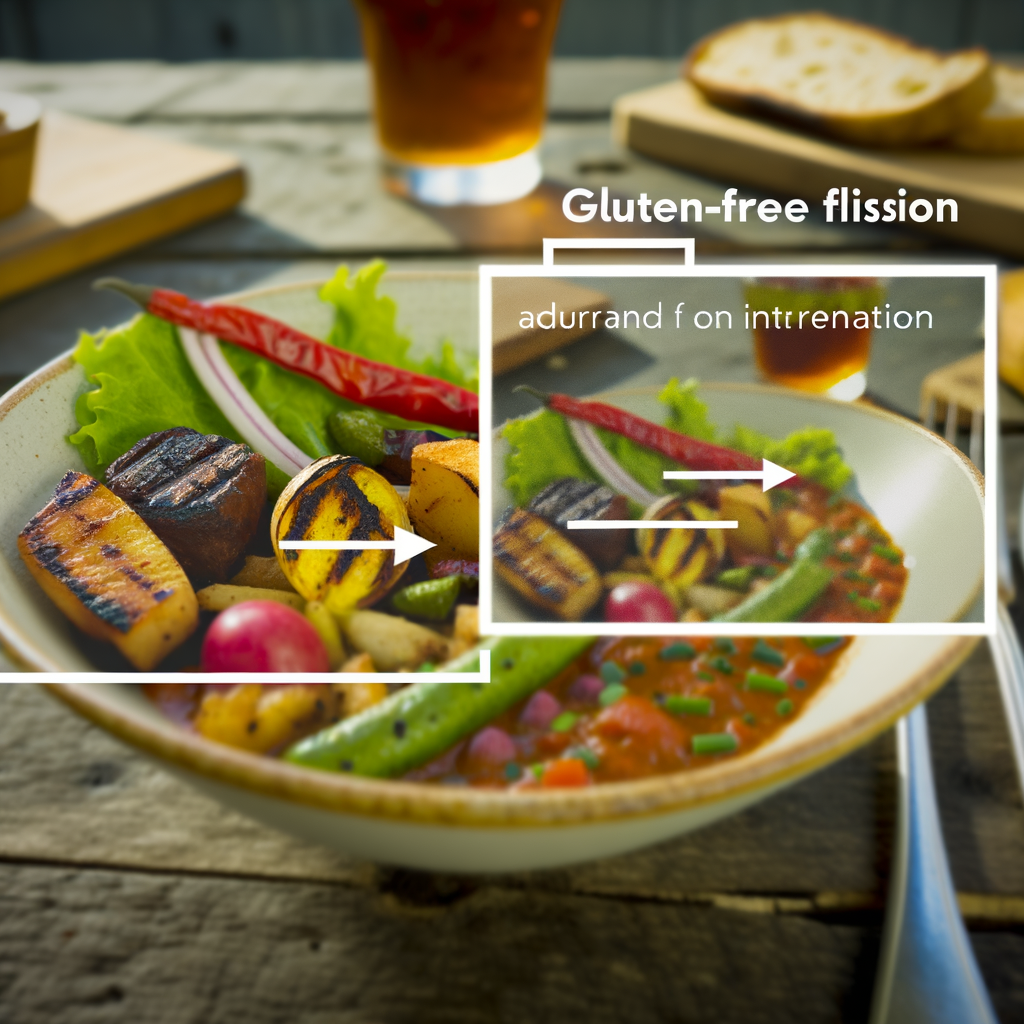As the world becomes more health-conscious, people are becoming increasingly aware of the importance of dietary preferences. One such preference that has gained popularity in recent years is a gluten-free diet. Gluten-free diets are known to provide numerous health benefits, including improved digestion, increased energy levels, and weight loss.
Gluten is a type of protein found in grains such as wheat, barley, and rye. It is responsible for the elasticity and texture of dough in baked goods. However, for individuals with celiac disease or gluten sensitivity, consuming gluten can lead to a range of health issues, including inflammation, digestive problems, and fatigue. As a result, many people are opting for gluten-free alternatives to maintain a healthy lifestyle and avoid potential health risks.
But what exactly is a gluten-free diet? It is a diet that excludes foods containing gluten. This means avoiding traditional wheat-based products such as bread, pasta, and baked goods. However, there are plenty of gluten-free options available, including grains like quinoa, rice, and corn, as well as gluten-free bread, pasta, and baked goods.
For those looking to follow a gluten-free diet, it is essential to read food labels carefully and be aware of cross-contamination in restaurants and food preparation. Additionally, it is crucial to maintain a well-balanced diet that includes a variety of fruits, vegetables, and proteins to ensure adequate nutrient intake.
In conclusion, dietary preferences, such as a gluten-free diet, can have a significant impact on one’s overall health and well-being. By making small changes and being mindful of food choices, individuals can reap the benefits of a gluten-free lifestyle and enjoy delicious and nutritious meals without compromising their health.





